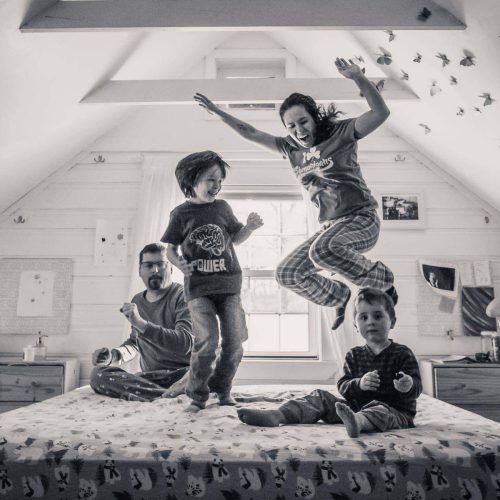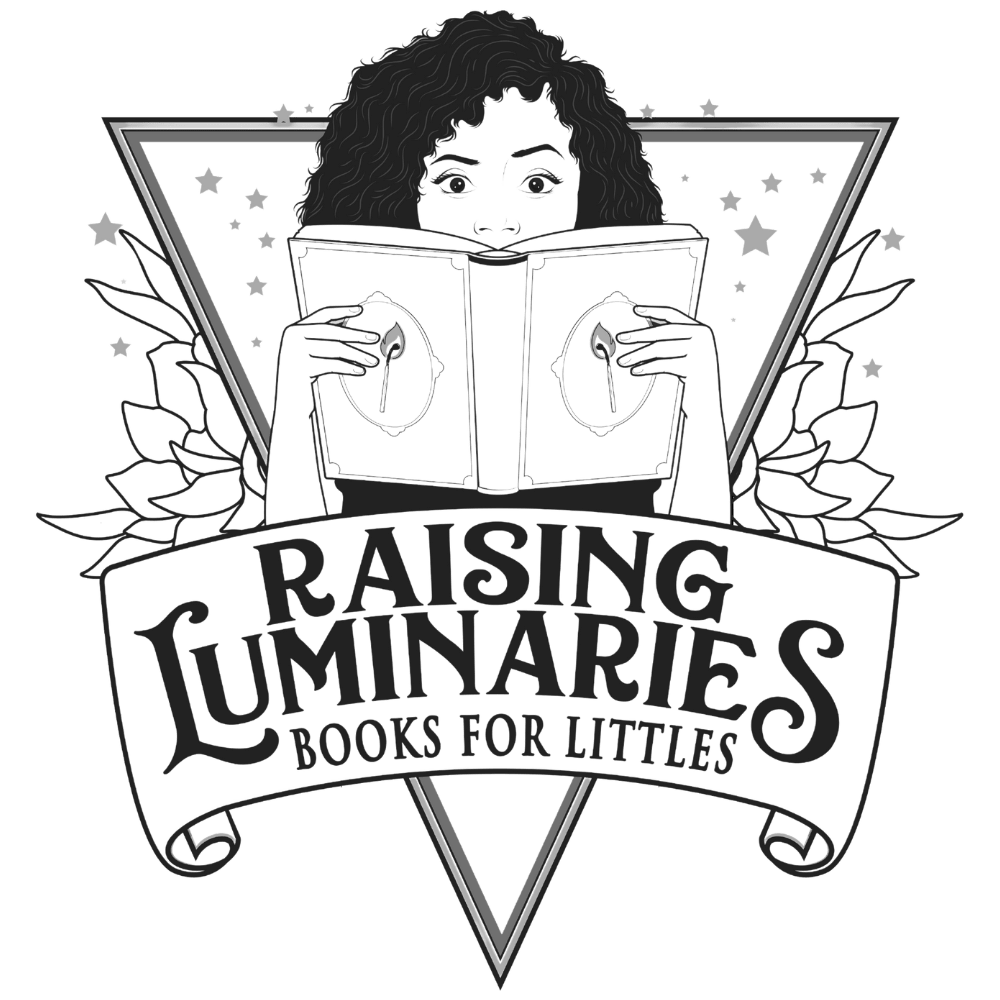Raising Luminaries & Books for Littles are free and accessible for readers who can’t afford a paywall. Posts may contain affiliate links, which allow me to earn a commission at no extra cost to you. Check out the full affiliate disclosure along with my statement of accountability.
Let’s Learn About National Adoption Day
While this is a significant day for adoptive families (my own little brothers were officially adopted on this day), it’s not really a *celebratory* day.
‘Cause human beings are not cute puppies, and the whole gotcha-culture centers adoptive parents and ignores the loss and space for complicated or negative feelings on the part of the adopted person.
“Growing up, I was told that other adopted kids didn’t feel the way I did – sad, angry, depressed, anxious, disconnected, grieving, alone – and it turns out that was a lie. A lie told to me by people who needed it to be true – parents, teachers, doctors, neighbors, and the media. Adoptees are socialized to be grateful and swallow their pain.
We can all work to counter that trauma by believing adoptees and centering their voices in conversations about adoption.”
– Liz Latty, The Reality of Being Adopted
When is it?
- 20th of each November
Read:
- Sixties Scoop (ages 5+)
- Dear Baobab (ages 5+)
- Star of the Week (ages 5+)
Family Discussion:
- What was the baby scoop era? What is forced adoption? Are these practices still in place?
- How has the opioid epidemic impacted the rights and agency of first parents and adopted children?
- How has bias against, and lack of support for, children with disabilities impact a child’s likelihood of being placed for adoption? How does this affect their likelihood of being placed in a permanent home?
- What is the adoption industry? Who benefits and profits from private adoption? Who is most harmed?
- What is the adoptee rights movement?
- Why is forced adoption separating Indigenous families a form of genocide?
- What is emotional labor? What are some ways parents expect adopted children to perform emotional labor?
- How is this emotional labor exacerbated when parents from a dominant group (ex: white, nondisabled) adopt children from a targeted group (ex: BIPOC, disabled).
- What can white parents do to support their transnationally and transracially adopted children in connecting with their ethnic and cultural identities?
- What support systems do young, single, unhoused, ill, and/or disabled pregnant people face in choosing whether to raise their children or relinquish their children for adoption?
- How have abortion bans impacted the rights and bodily agency of pregnant people? Of available adoptive families?
- What is one way we can support people in adoption so adopted children can stay connected to their first families and cultural identities?
- Adopted people
- First parents
- Kinship & resource foster families
- Adoptive parents
Take Action:
- 5-Second Petition: Protect the Indian Child Welfare Act, currently under threat in the Supreme Court
Additional resources to dig deeper into this topic:
- The Reality of Being Adopted: Validating Stories For Adopted Kids
- Kids Books Featuring Adoption Family Constellations
- Transracial Adoption Tropes in Children’s Books (video series)
- Anti-Fairytale Kids Stories of Adoption & Foster Families (unpolished booklist)
- Problematic tropes in adoption stories (unpolished booklist)
- Validating stories for adopted children who have experienced trauma (unpolished booklist)
- Centering Adoptees in Stories about Adoption – Liz Latty
- on Patreon: Transracial Adoption Tropes in Kidlit
- for Luminary Braintrust Members: Manic Pixie Dream Orphans in Despicable Me






